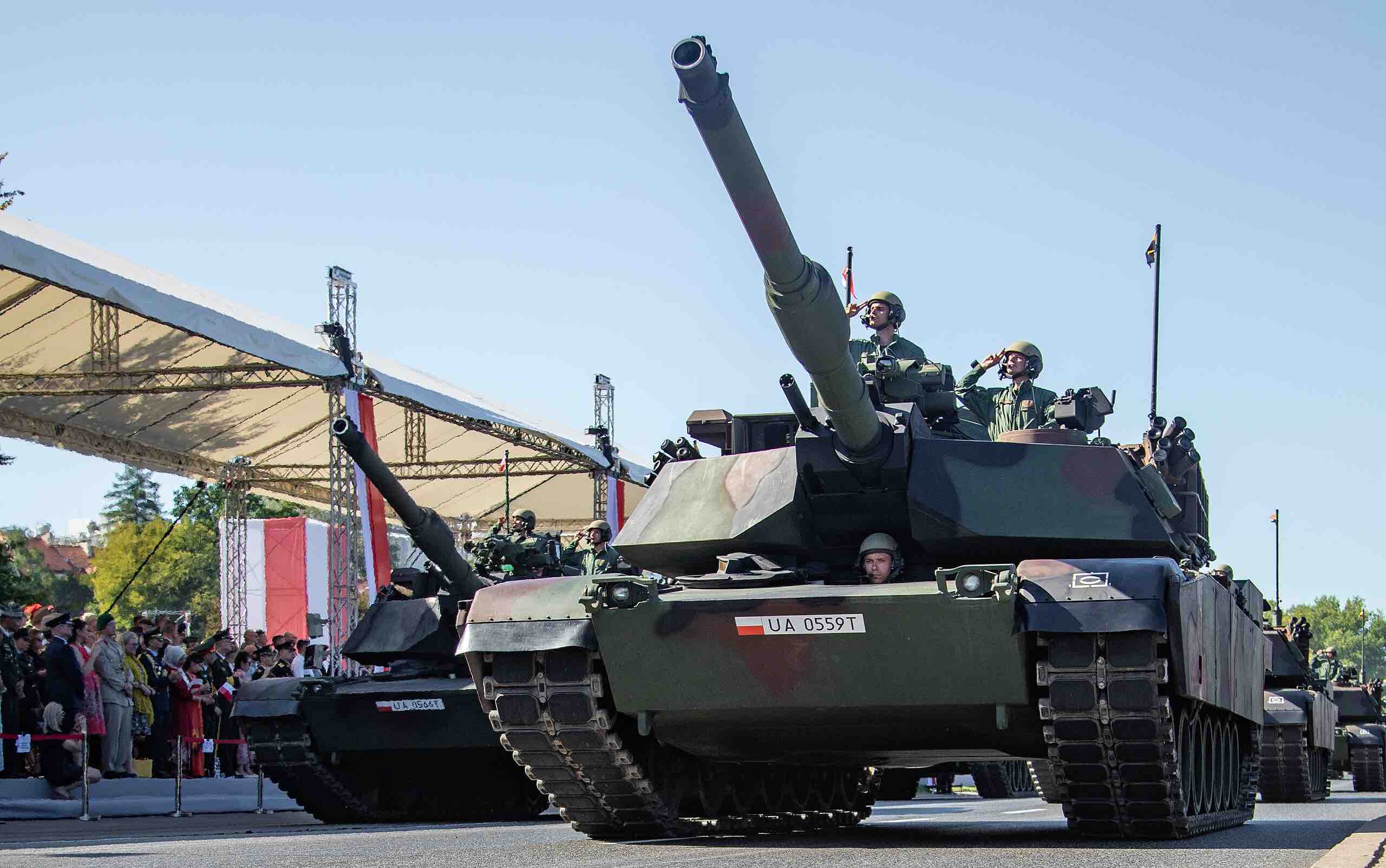


The Polish foreign minister, Radosław Sikorski, confirmed that the agreement is nearly complete and praised London’s “magnificent” leadership on Ukraine, underscoring Britain’s prominent role in European security at a time of heightened geopolitical tension.
The planned pact follows a similar agreement Poland signed with Germany in July and comes as Warsaw pursues talks with France. For Britain, these developments fit into a broader strategy of reinforcing bilateral security relationships with Europe’s leading military powers outside the formal structures of the European Union. Since leaving the EU, London has sought to maintain a strong security presence on the continent through NATO and tailored agreements with key partners.
The treaty would mark a new phase in the UK–Poland relationship, elevating cooperation from ad hoc coordination to a structured framework. Both sides see clear strategic value. Poland sits on NATO’s eastern flank and has been at the forefront of support for Ukraine since the Russian invasion in 2022. Britain, meanwhile, has consistently positioned itself as one of Kyiv’s most committed backers, supplying weapons, training Ukrainian forces, and pushing for a hard line on sanctions.
Sikorski discussed the deal in London last week during meetings with his British counterpart, Foreign Secretary Yvette Cooper, and Jonathan Powell, the UK’s National Security Adviser. A former war correspondent for the British press and Oxford-educated, Sikorski is a well-known figure in London political circles, which has helped smooth the path to closer ties.
He expressed gratitude to the UK for dispatching fighter jets to bolster Poland’s air defences after a series of Russian drone incursions. Poland has faced repeated airspace violations from drones launched from Belarus and Russian territory, prompting Warsaw to reinforce its air defence posture with allied support. British deployments have been seen in Warsaw as a tangible demonstration of solidarity and a reminder of Britain’s continuing military weight in European security affairs.
The agreement is expected to cover a range of issues beyond traditional defence cooperation. Alongside measures to strengthen deterrence against Russia, the treaty is likely to include provisions for closer collaboration on tackling people-smuggling and illegal immigration.
Migration has become an increasingly prominent political issue in Poland. Sikorski, who took office after last year’s election, has moved quickly to harden border controls and address irregular migration flows, particularly along the Belarusian frontier. “I believe that we have delivered on migration,” he said, highlighting the construction of a fortified barrier along the Belarusian border, which he claimed is “98 per cent effective”.
He also pointed to administrative measures designed to curb abuse of Poland’s visa system, including raising visa fees and cracking down on fraudulent student visas. Sikorski argued that reducing irregular migration is the best way to blunt the appeal of right-wing populist parties, including the opposition Law and Justice party (PiS), which had made migration a central issue in its campaigns.
These domestic measures align with broader European efforts to tighten external borders while maintaining legal migration pathways. The inclusion of migration in a bilateral security treaty with the UK signals an intent to link internal security challenges more directly with external strategic cooperation.
While the security pact enjoys broad support in both London and Warsaw, Sikorski was careful to avoid being drawn into British domestic politics when asked about Nigel Farage’s proposal to scrap indefinite leave to remain for foreign citizens. Such a policy would affect a significant portion of the 700,000 Poles living in the UK.
“I don’t wish to intrude in British domestic politics,” Sikorski said, a measured response that reflects Warsaw’s desire to keep security cooperation insulated from politically charged debates on migration and post-Brexit immigration policy. Polish communities in the UK remain a key social and political constituency, but both governments have sought to separate that issue from security cooperation.
For Poland, the agreement with Britain adds another layer of security reassurance at a time when it is increasing defence spending and expanding its armed forces. Warsaw has been one of NATO’s most outspoken voices in calling for a robust posture towards Russia and has invested heavily in modernising its military, including major purchases from South Korea and the United States. A binding security arrangement with Britain strengthens Poland’s position within NATO and signals its role as a pivotal actor on the alliance’s eastern flank.
For Britain, the deal reinforces its role as a European security guarantor despite being outside the EU. London has leaned into bilateral defence arrangements as a means of maintaining influence on the continent. Its existing treaty with France, deep cooperation with the Nordic states, and now this near-finalised pact with Poland form a network of defence relationships that complement its NATO commitments.
The inclusion of migration and counter-smuggling provisions also reflects Britain’s domestic priorities. With irregular migration remaining a highly charged issue in UK politics, closer cooperation with frontline EU states like Poland allows London to demonstrate practical action beyond its borders.
The near-finalisation of the UK–Poland security treaty represents more than just another defence agreement. It signals a convergence of strategic interests between two countries that have become increasingly aligned in their approach to Russia, European security, and border management.
For Poland, it strengthens its deterrence posture and integrates it more closely with one of Europe’s most capable militaries. For Britain, it reinforces its post-Brexit role as a key security partner on the continent.
In a Europe reshaped by war, migration pressures, and shifting alliances, the UK–Poland pact is both a practical security measure and a political signal: London and Warsaw intend to remain at the heart of Europe’s strategic response to emerging challenges.
Main Image: By Spc. Joshua Zayas – Public Domain, https://commons.wikimedia.org/w/index.php?curid=136456227
You must be logged in to post a comment.
Greater Cooperation with Ukraine in the Defence Industry as a Strategy to Avoid War